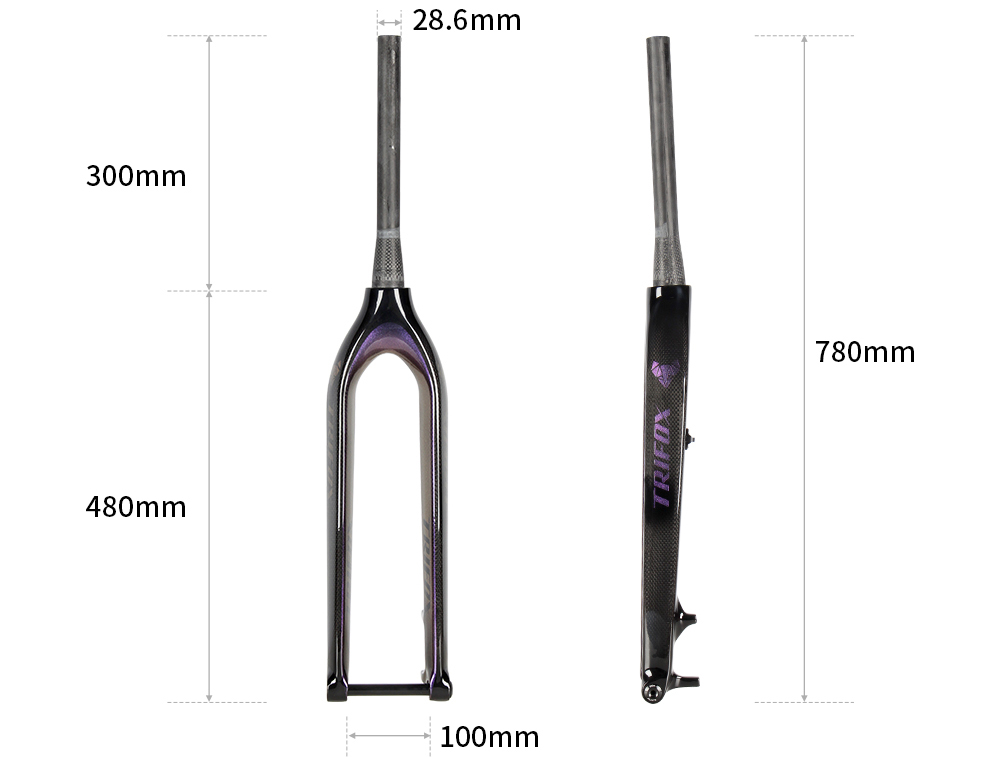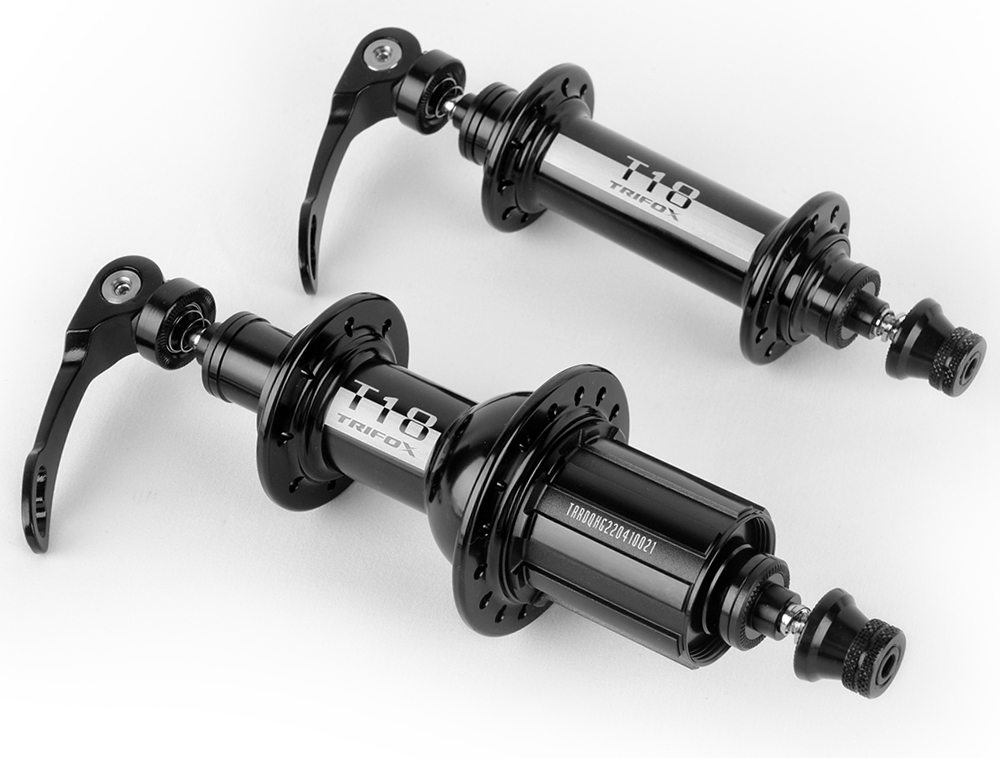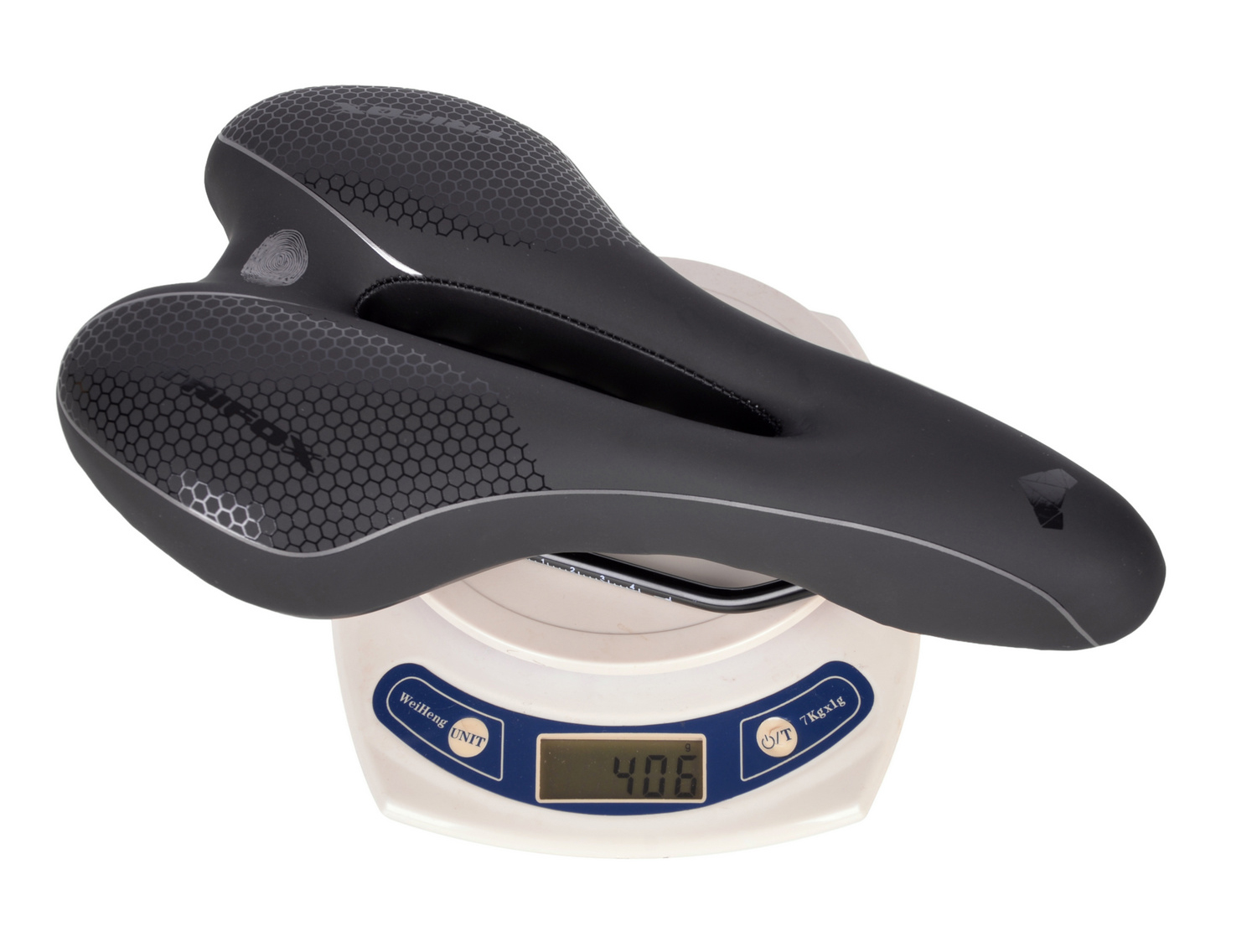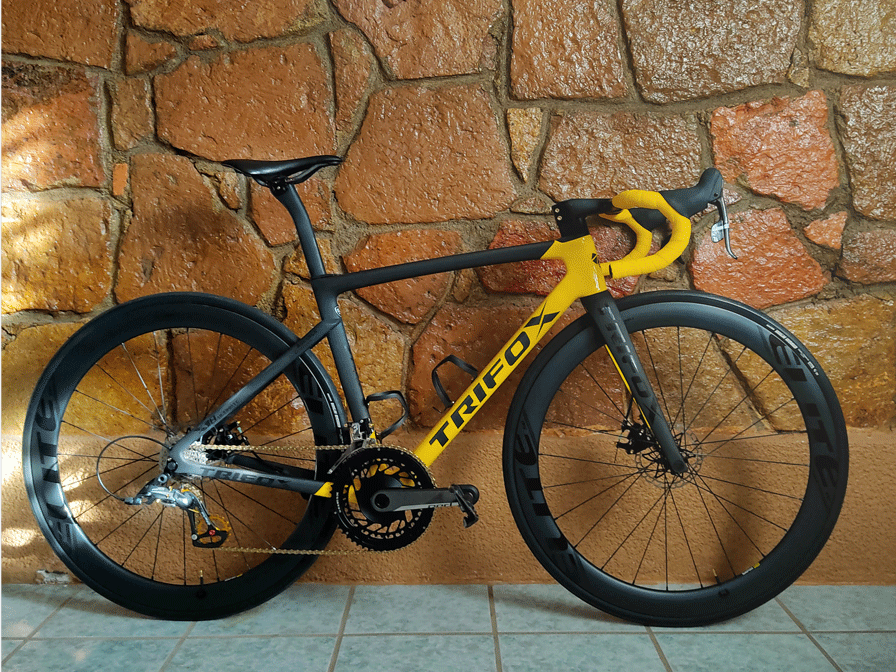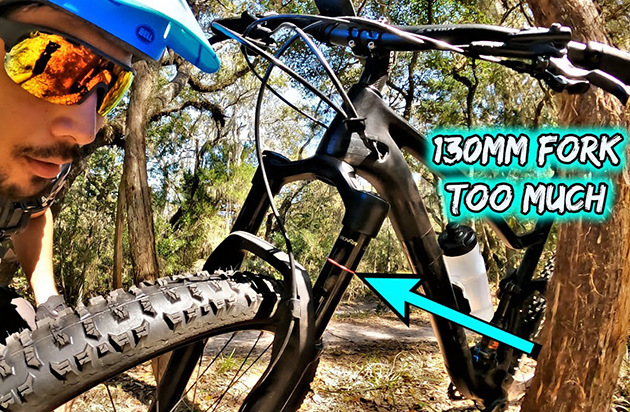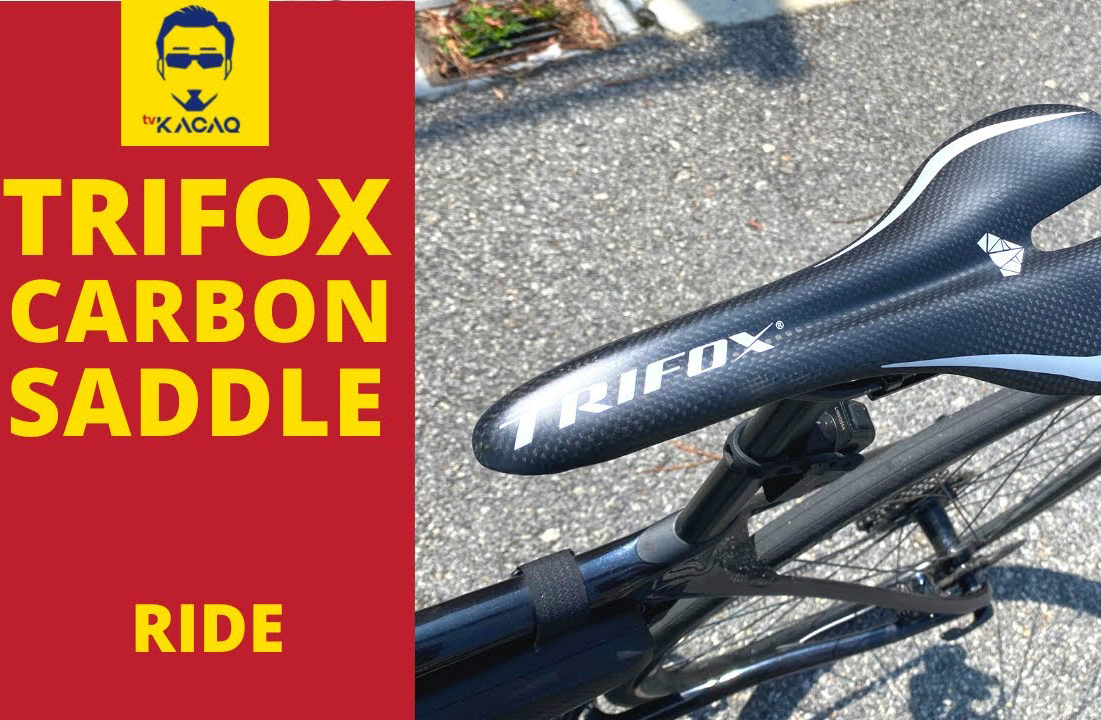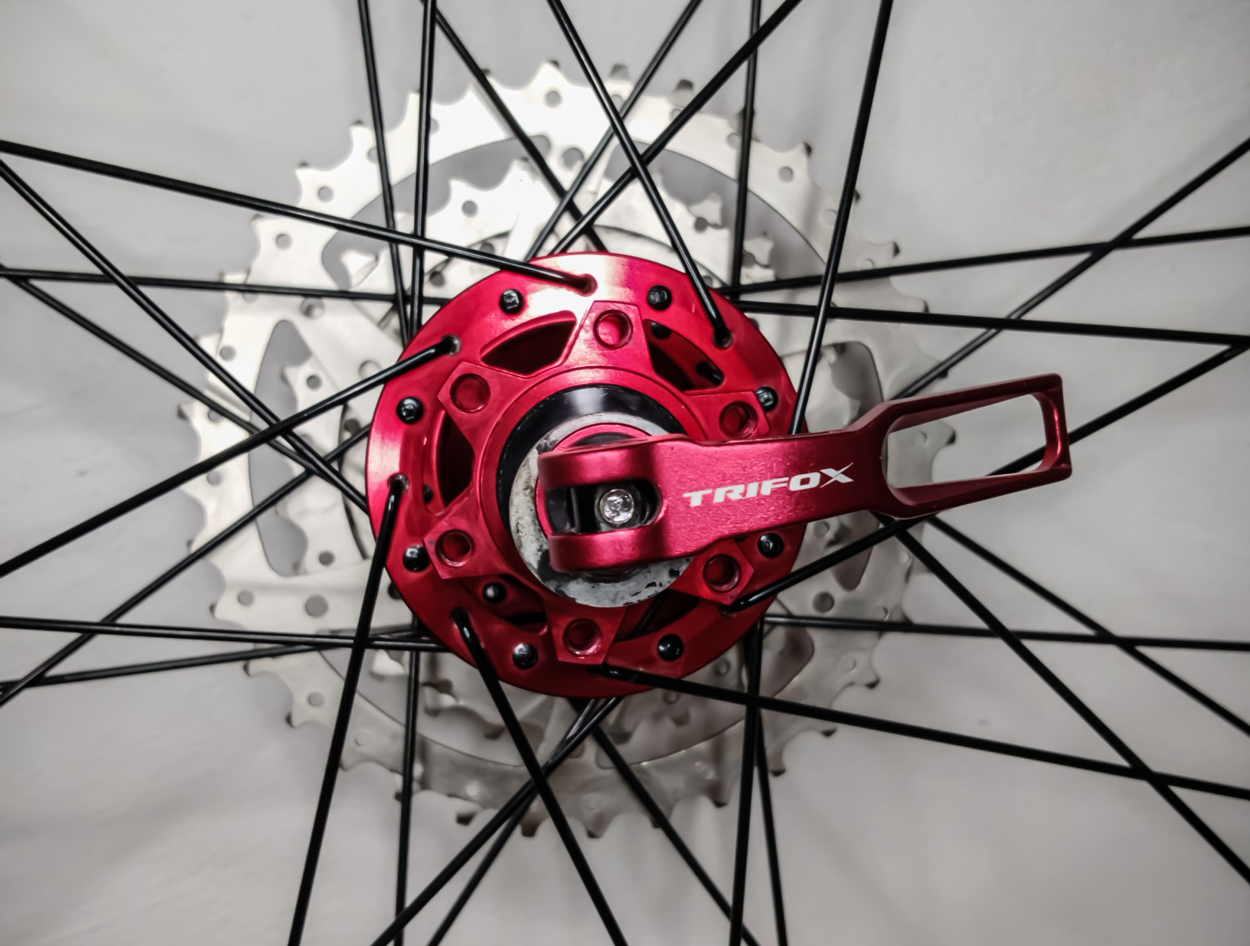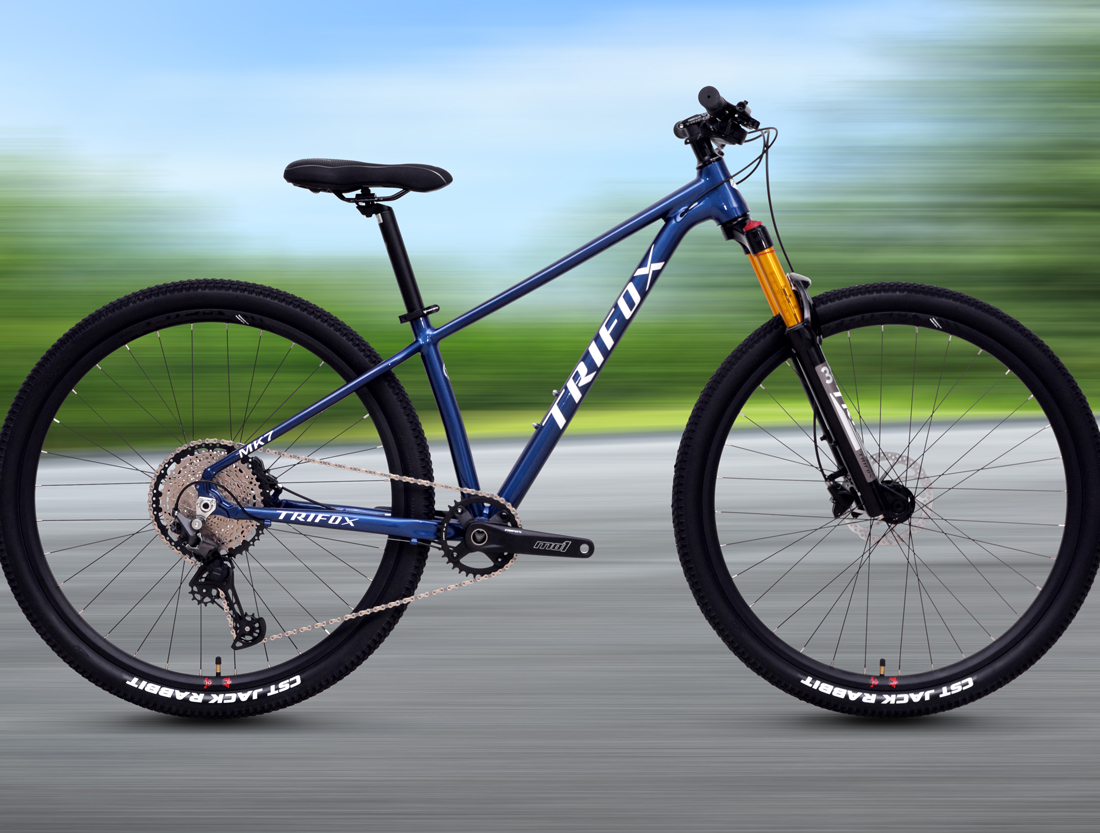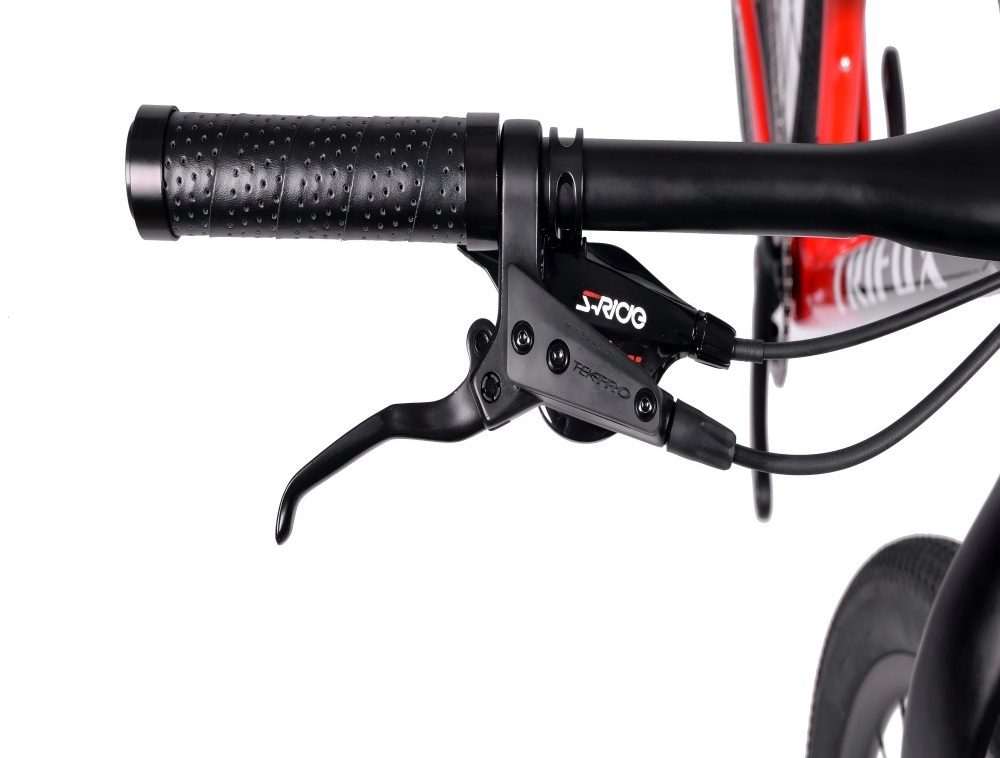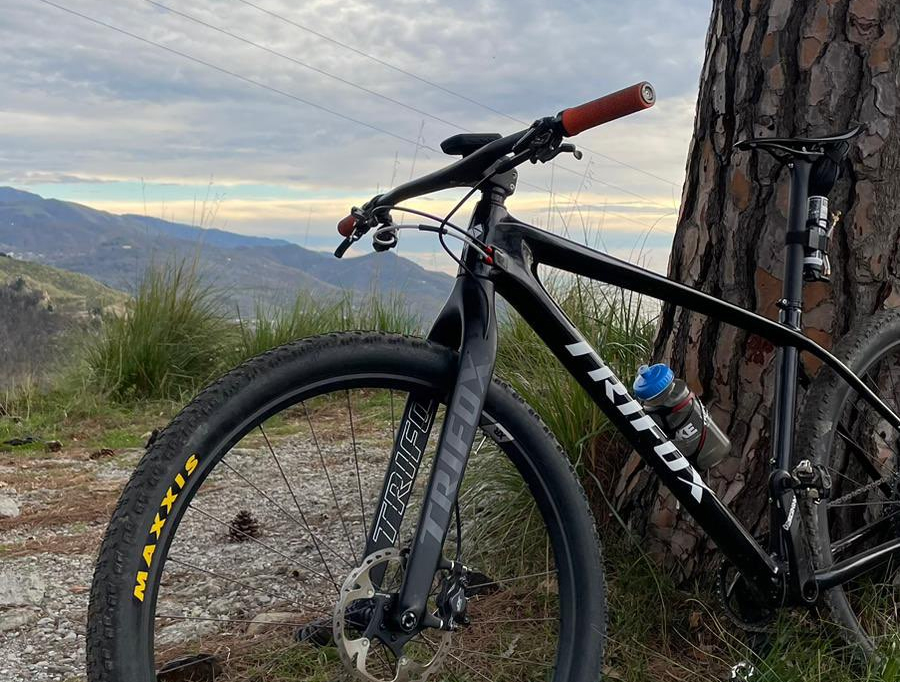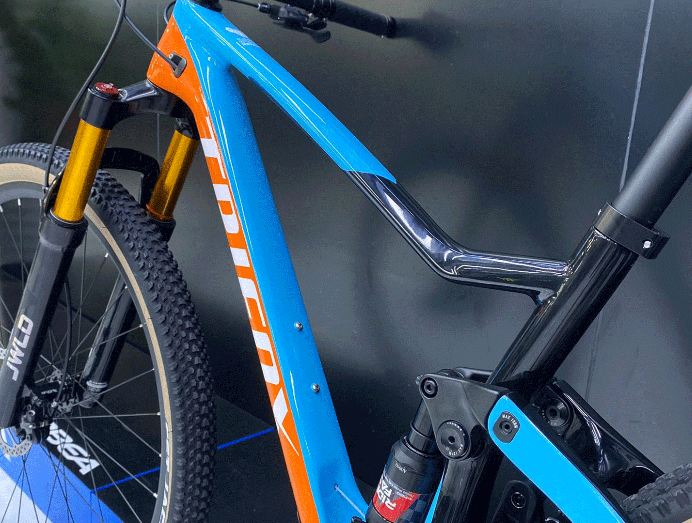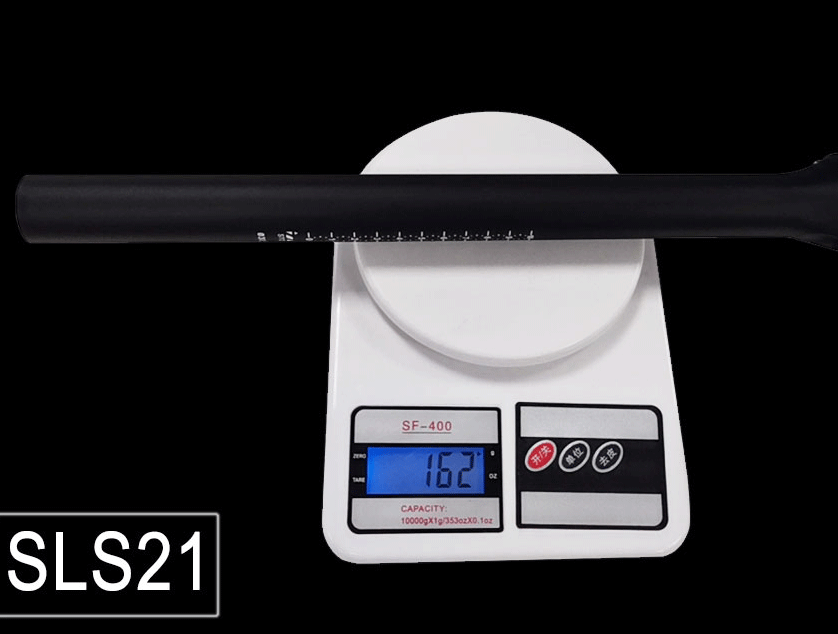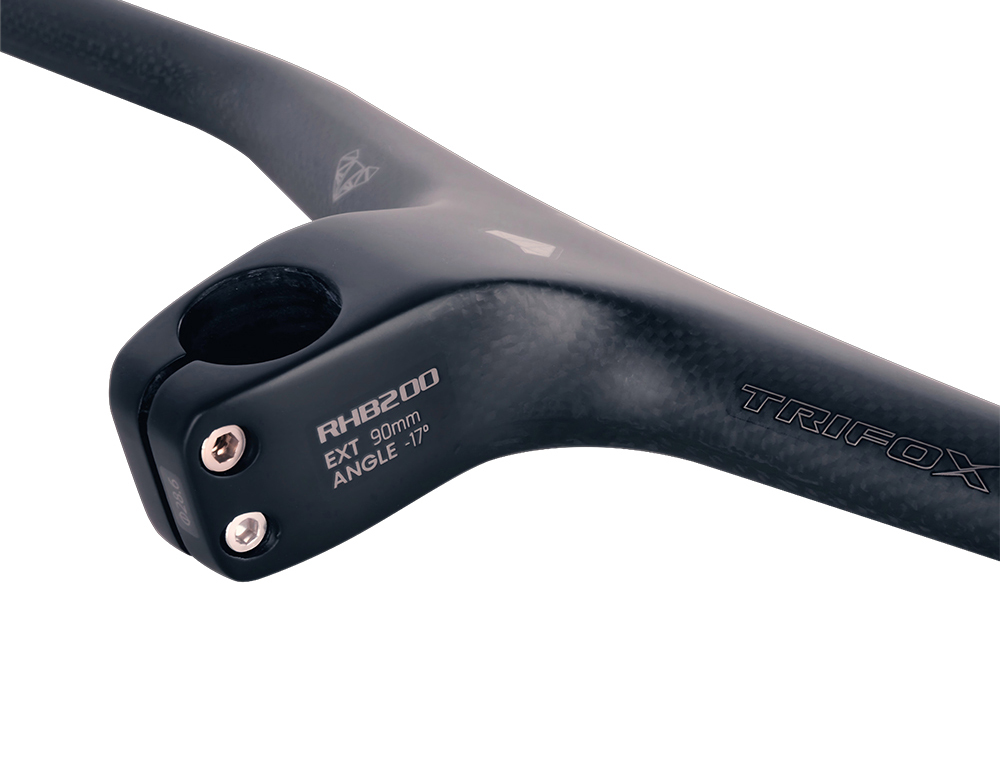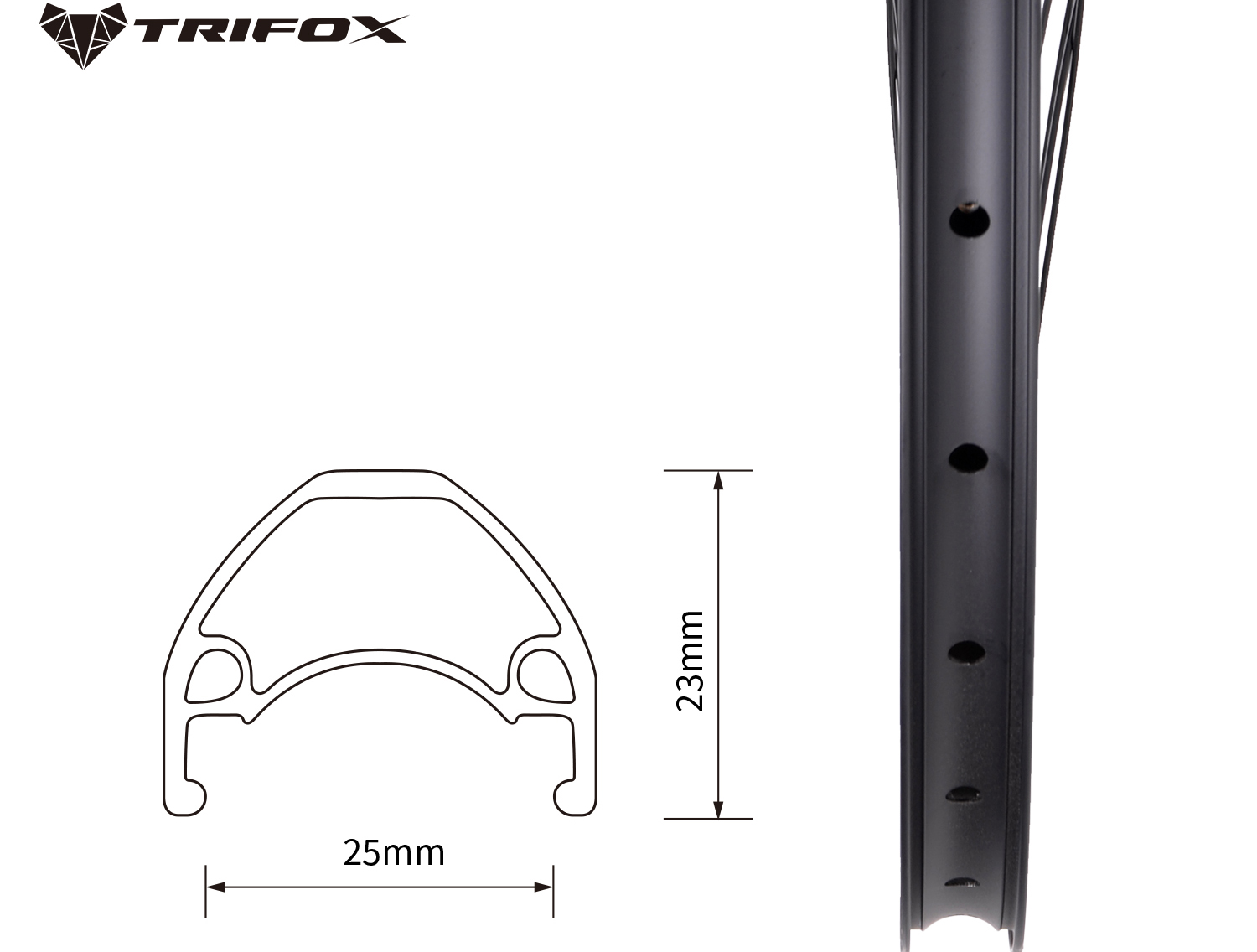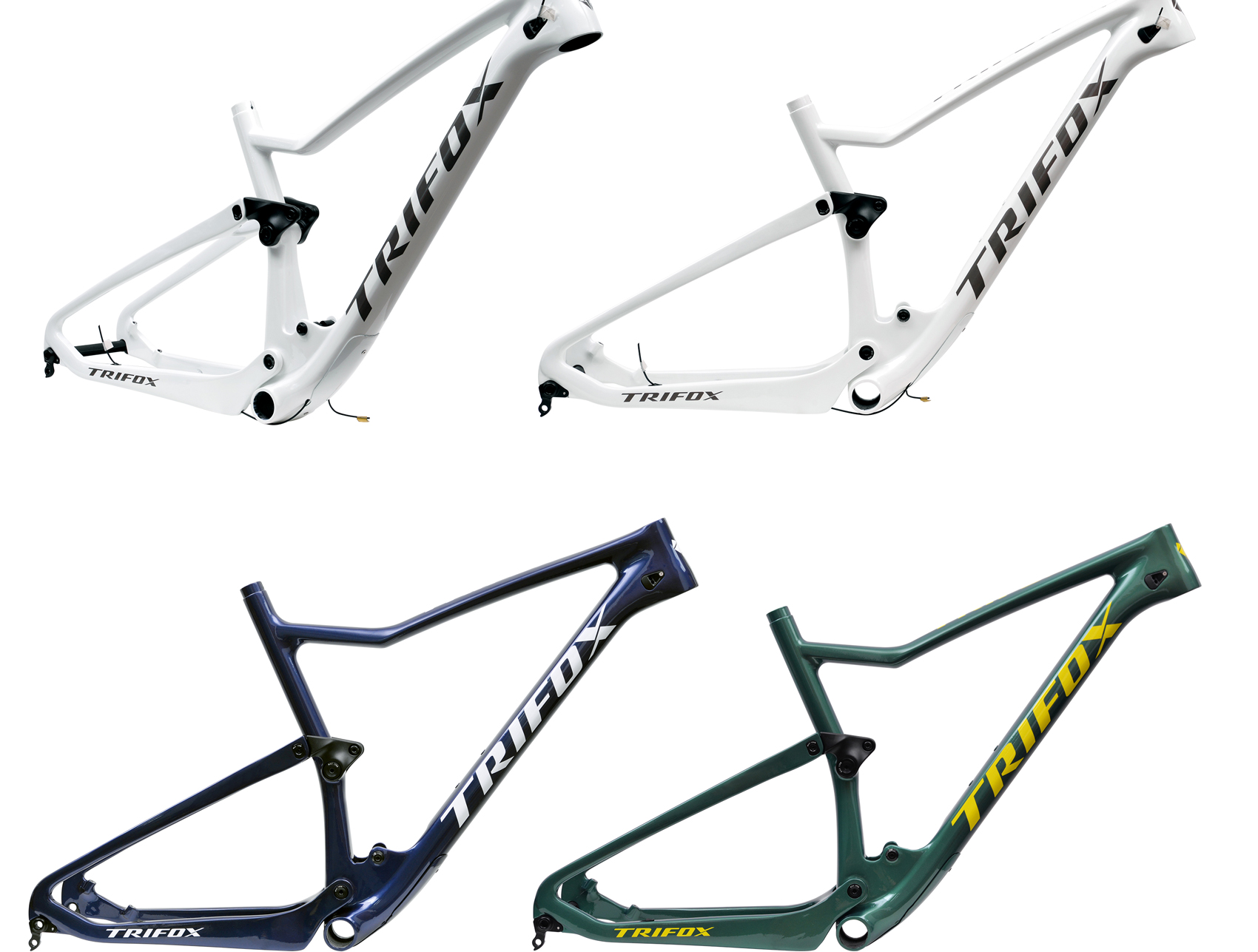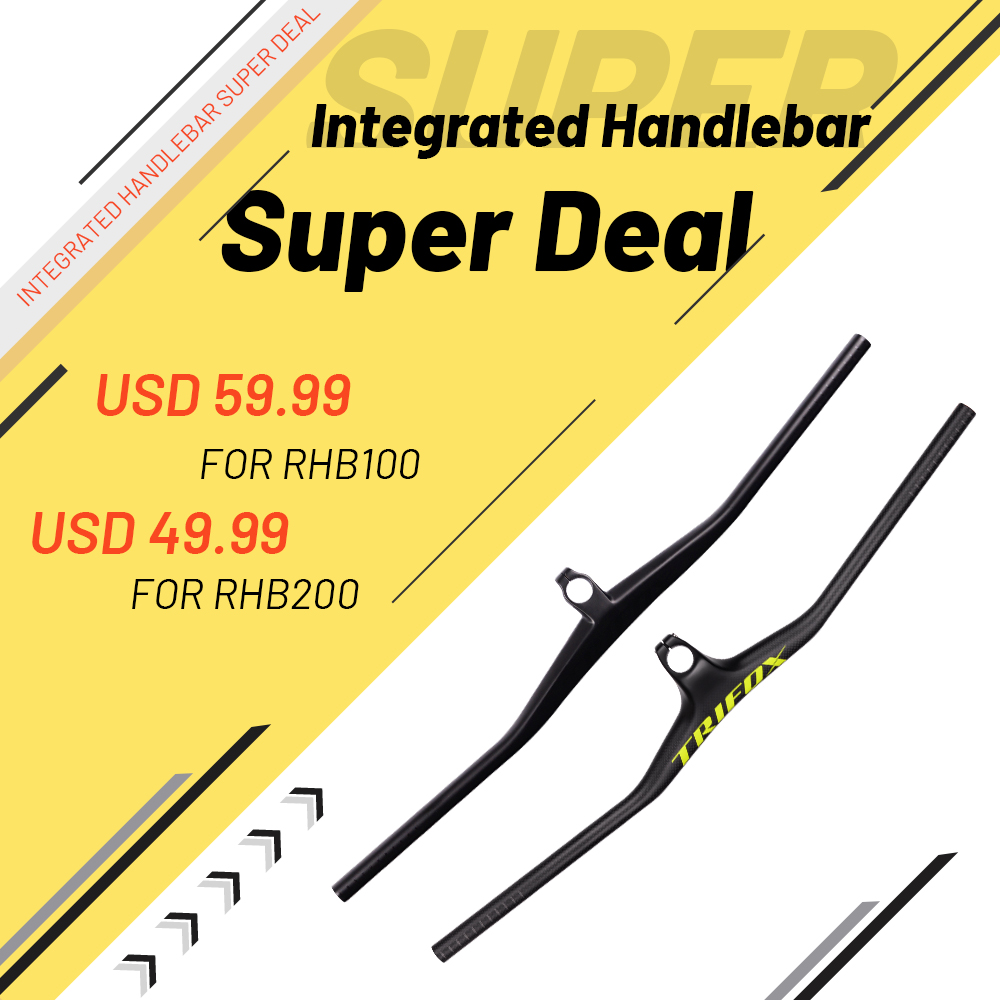Biking is a great way to keep fit, explore the outdoors, and even commute. But have you ever paused to think about your bike's inner workings? Specifically, your bike's spokes? These unsung heroes of the cycling world play a vital role in keeping your wheels turning and ensuring the smoothness of your ride.
Spokes are thin, elongated rods that connect the rim of your wheel to the hub, and they play a crucial role in distributing the weight of your bicycle evenly across the wheel. This even distribution of weight helps to keep your ride smooth and less bumpy, preventing unwanted jolts or impacts from causing damage to your delicate bike components.
Spokes come in various materials, including steel, titanium, and aluminum. Each material has its pros and cons. For instance, steel spokes are the most common, can withstand high tension, and are highly durable. In contrast, titanium spokes are lighter, corrosion-resistant, and stronger, but pricier and less durable than steel.
The number of spokes on each wheel also varies, with the most common numbers being 24, 28, and 32. A higher spoke count offers increased durability and strength, while a lower count can reduce weight and provide a smoother and more aerodynamic ride.
One factor to consider when selecting spokes is their lacing pattern. Spokes are laced in a variety of patterns, such as radial, 4-cross, and 3-cross, which all affect the wheel’s rigidity and resilience. Radial lacing patterns create a more rigid wheel, while cross patterns provide a more flexible and shock-absorbent wheel.
It's important to keep your spokes properly tensioned to prevent breakage or damage to other components of your bike, such as the hub and rim. Making sure your spokes are correctly tensioned and you're regularly checking them for damage is vital to keeping your bike running optimally.
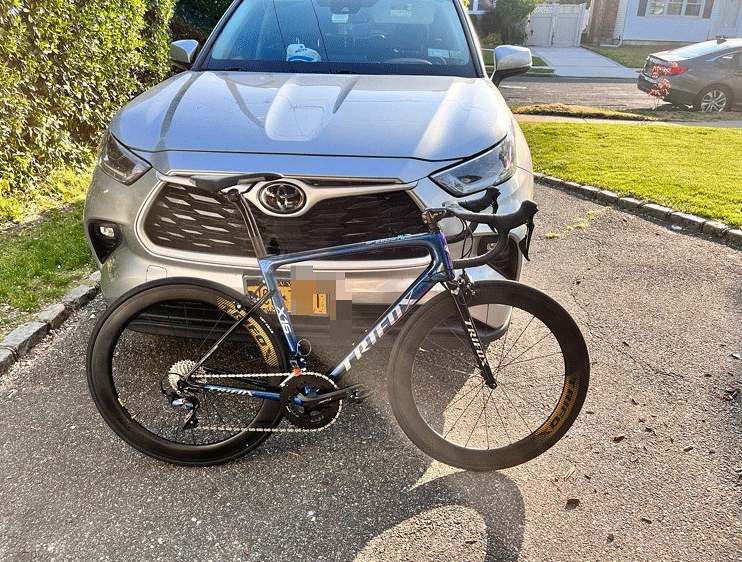
Conclusion:
Spokes are often overlooked, but they play a crucial role in your bike’s performance, durability, and stability. They distribute weight evenly across your wheel, prevent damage to other components, and affect your bike’s resilience, rigidity, and aerodynamic performance. When selecting spokes, consider material, spoke count, and lacing patterns, and always keep them properly tensioned. So, the next time you take your bike out for a spin, remember to thank your spokes for their unsung heroism.




























































